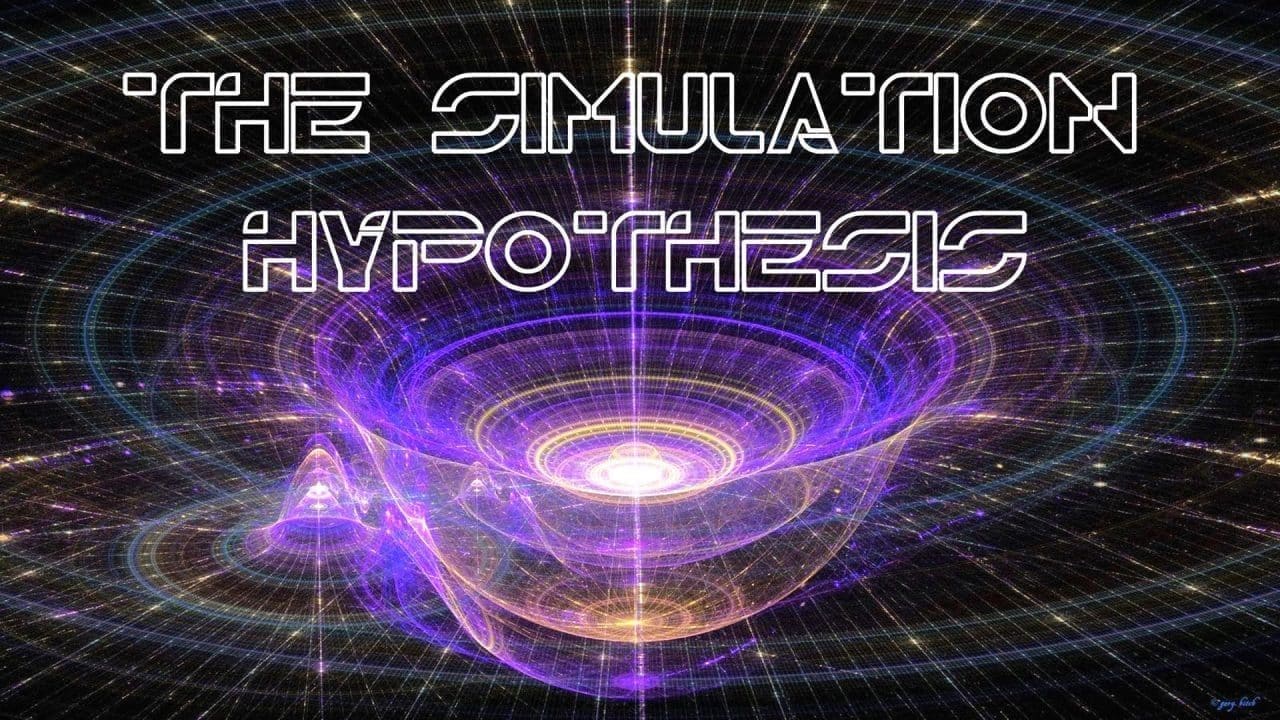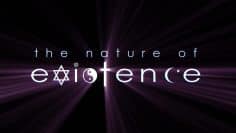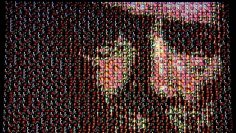The Simulation Hypothesis
The Simulation Hypothesis explores the idea that our reality might be a sophisticated computer simulation. This concept suggests that what we perceive as the physical world could be an artificial construct created by an advanced civilization or intelligence.
The documentary begins by introducing two fundamental philosophical perspectives on the nature of reality: materialism and idealism. Materialism, first proposed by Democritus, posits that atoms are the foundation of all reality, with consciousness emerging as a result of material processes. In contrast, idealism, championed by Plato, argues that the mind gives rise to matter, implying that reality originates from ideas.
Building upon these philosophical foundations, the film presents the simulation hypothesis as a modern interpretation of reality. This hypothesis draws parallels to popular science fiction narratives, particularly “The Matrix,” proposing that both matter and ideas could be the product of a complex digital simulation, akin to an intricate video game.
Insights from theoretical physicists suggest a programmable universe, indicating that evidence of computer code can be found in nature, and that humans might essentially be expressions of this code. It raises intriguing questions about the fundamental nature of reality, pondering whether subatomic particles could be analogous to the bits and pixels that compose digital worlds.
While the concept may seem far-fetched, the documentary introduces cutting-edge physics experiments that lend credence to the simulation hypothesis. It explores the possibility that binary strings of 0s and 1s might form the basis of our existence, drawing comparisons between the structure of digital simulations and the observable universe.
An underlying theme is the implication of a creator or programmer behind this hypothetical simulated reality. This aspect introduces a quasi-creationist element to the hypothesis, raising questions about the nature and identity of such a universal programmer. It suggests that humans might have an innate mental connection to this programmer through the subconscious, adding a spiritual dimension to the scientific discourse.
The Simulation Hypothesis also touches upon the simulation argument, a philosophical proposition developed by Nick Bostrom. This argument presents a trilemma suggesting that either advanced civilizations are incapable of creating conscious simulations, choose not to create them, or we are almost certainly living in one. The exploration considers the possibility that if a civilization could create conscious simulations, the number of simulated beings could vastly outnumber non-simulated entities.
Throughout, viewers are challenged to reconsider their perceptions of reality and consciousness. It raises profound questions about the nature of existence, the potential limits of technology, and the philosophical implications of living in a simulated world. By blending concepts from physics, philosophy, and computer science, the film offers a unique perspective on the age-old question of what constitutes reality.








